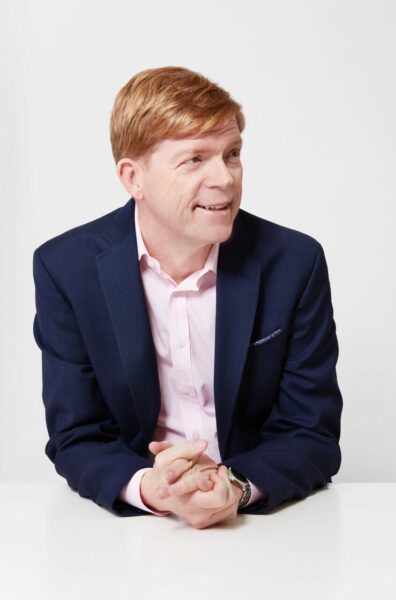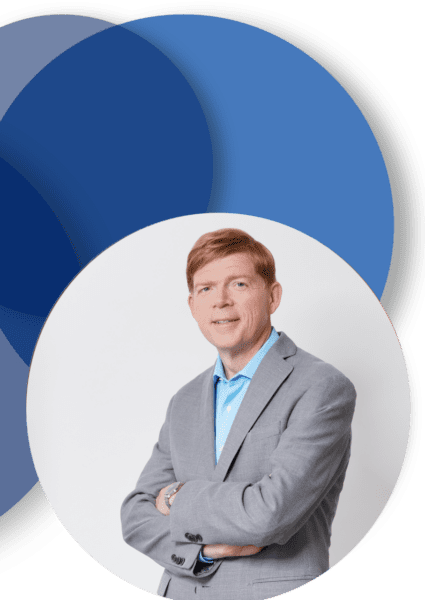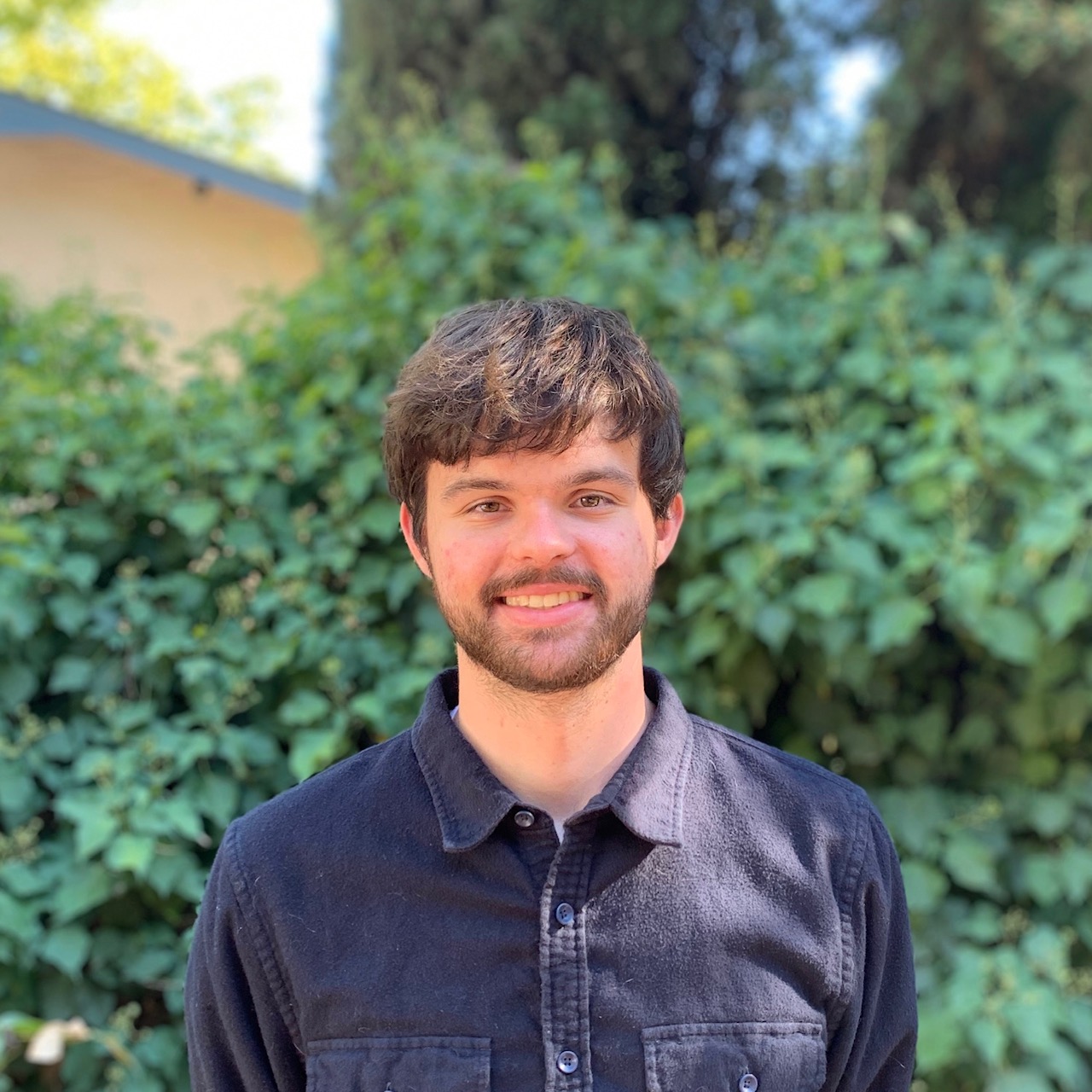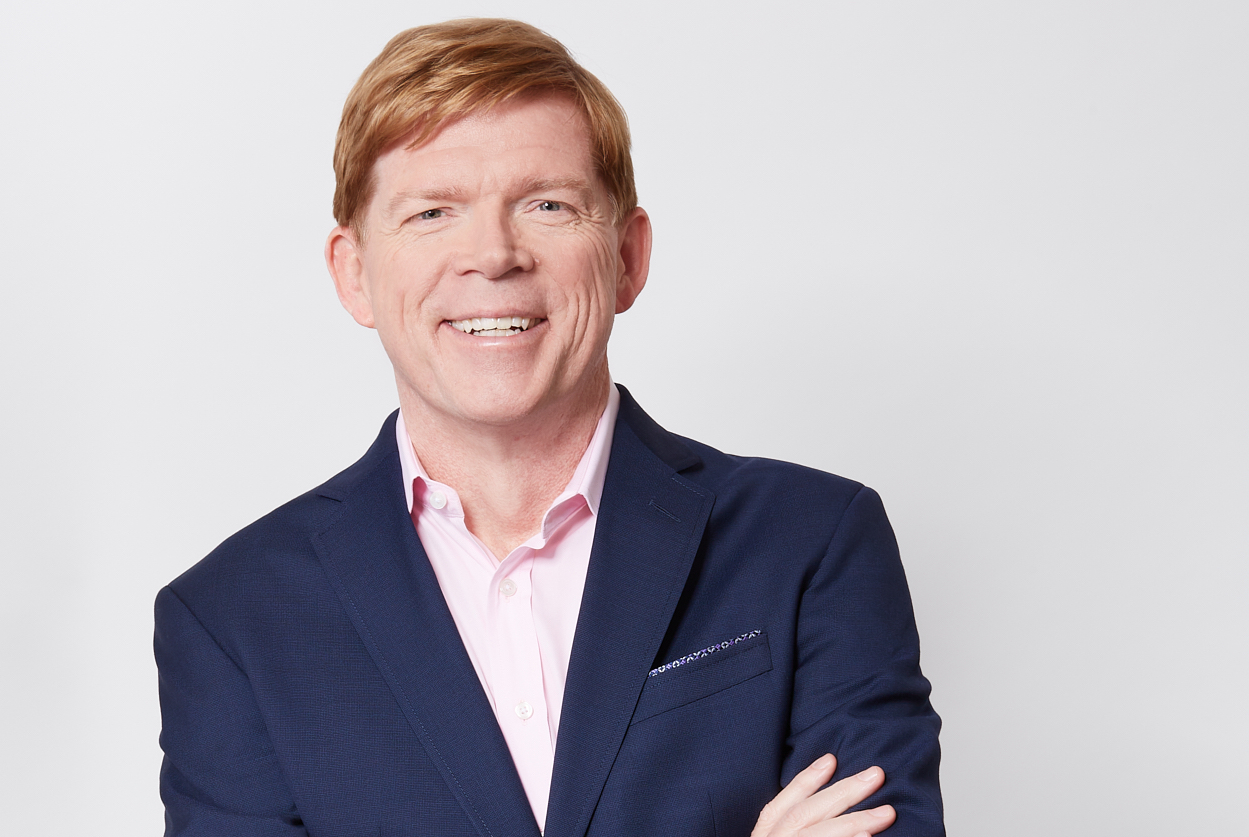As vice president of learning and leadership and head of the global leadership academy for Walmart, founder of L&D Cares and author on the future of learning and development, Brandon Carson stays provocative in the industry.
At Walmart, Carson’s core responsibilities include corporate and officer onboarding experiences, careers and opportunities, the company’s education credential platform and community academies around mobility, career opportunity and global leadership development.
With a deep technological background and a nose for value creation, Carson excels at providing science-backed training while remaining rooted in the fundamentals of learning and care for his people.
“Brandon is a highly accessible person. He is a make-the-world-a-better-place person,” says Elliot Masie, chair of the Masie Learning Foundation and CEO of Masie Productions. “He is not an orthodox or doctrinaire person. He’s somebody that you can have a conversation about learning about, without necessarily needing to know the language of learning.”
An accidental career
Carson grew up in New Mexico, moved to California at 20 and began working odd jobs. He didn’t enter the world of L&D until he ultimately graduated and received his master’s from Jones International University in educational technology at 48.
Working in Silicon Valley as the internet was rising, his first foray into online learning came after he was laid off from a higher education publishing company, when Multimedia Pathway hired Carson to focus on computer-based training and expand on interactive computer learning supplements for biology textbooks.
As a consultant, Carson benefited immensely from working on the cutting edge of digital learning. “I got involved at the beginning, developing the instructional design aspect of it,” Carson says. “That sparked the career […] and it took off from there.” Over 20 years in California, Carson worked with tech companies such as Google, Macromedia and Adobe.
Eventually contracting with Intel as they deployed their first-ever learning management system, Carson experienced his first “welcome to the big rodeo,” and worked with economist Thomas J. Kane, he says. In 2007, Sun Microsystems hired Carson and eventually put him in charge of creating one of the first online social learning experiences and the game-based Sun Open Learning Center for system administrators. With additional L&D roles in the tech industry at Yahoo and consulting with Microsoft, Carson transformed training and cut his teeth building out L&D teams.
“I wasn’t looking for work. [But I saw] an opportunity to do game-changing work and have a real impact on people, and an opportunity to build a legacy.
”
Then in 2014, moving to retail at Home Depot presented Carson with an opportunity to transform L&D for frontline workers. With 180,00 associates across 2,000 stores, Carson led the push to accelerate competency and confidence and moved training beyond the break room. As director of learning leading a team of more than 40, he redefined and embedded app-based training that workers could access on their work devices in the aisles where they worked — which is still being used today. It was a significant performance catalyst for a company that had gone from hiring retired plumbers and electricians to younger associates with less home improvement knowledge.
Looking to the skies in 2018, he then joined Delta to lead the training team for global airport operations as director of learning. For the fast-operating airline, Carson supported over 30,000 global employees and implemented its first leadership academy to support and develop airport operations and infused flow of work nudges to help reinforce and synthesize regular training, all without crashing their operating systems in the busiest year in travel history — 2019. But in 2020, not a month after celebrating their profit sharing day for the previous year, the pandemic hit and 97 percent of the business dissipated in “just a couple days,” Carson says. “That was a jolt. We didn’t have a playbook for that. Nobody did.”
In the early part of 2021, Carson was recruited to join Walmart. “I wasn’t looking for work,” he says. But he saw “an opportunity to do game-changing work and have a real impact on people, and an opportunity to build a legacy.”
Building a path for everyone
Donna Morris, chief people officer at Walmart, solidified Carson’s decision to join after she shared her commitment to transform the workforce and make Walmart an academy company where people can start their careers, but don’t have to stay.
Taking the world’s largest private workforce and combining it with the corporate world’s largest skilling ecosystem and with leadership committing $1 billion over the next five years to train and educate its workforce; “Why wouldn’t I want to be a part of that?” Carson asks.

The more he realized the goals of the organization from talking to Morris and others, the more he bought in. “This is now a recognition that the culture that Sam [Walton] started,” he says, “Save money, live better, right? The ‘live better’ part is what we have to focus on and ensure our associates can have better lives.”
Now at Walmart for over two years, Carson’s work focuses on helping the company live and learn better. Focusing on career development opportunities, Carson says through its no-cost high school and college degree, Live Better U program, Walmart offers all associates the ability to access an education and drives equitable mobility from day one. “We see it as an opportunity builder, [it] provides a path for everyone here.”
With support for short-term credential programs in high-demand skill areas like fluency in health and wellness technology, truck driving and HVAC repair, they’re working to provide careers beyond Walmart.
“We’ve taken several people who were store associates into cybersecurity analysts with technology,” Carson says. “You can triple their quality of life because they move from an hourly wage into a salaried global tech position.” Part of Walmart’s broader transformation to becoming a skills-based organization, and working away from requiring a college degree.
“Save money, live better, right? The ‘live better’ part is what we have to focus on and ensure our associates can have better lives.
”
Working within the broader organizational strategy, Carson believes in accountability and responsibility to develop and maintain a competent and confident workforce. He says that developing leaders to navigate an increasingly complex and confusing world isn’t a simple task as we transition from a VUCA- to a BANI-mindset world, which is why the opportunity to train and develop so many for better opportunities was so attractive to Carson. It’s the bottom line of his work, beyond just supporting their workers, supporting the broader community as well.
Moving away from one-size-fits-all learning programs that doomed corporate training in recent history, Carson sees technology as a vital tool to tailor learning to each individual learner. “We have the technology, especially with AI technology, to take a scale of one size fits one; we can adapt this to you, the individual. [Walmart]’s investment in doing that is unlike anything I’ve seen before us.”
Carson cares
Looking ahead, Carson aims to be as successful as possible in developing those on his team to replace him. “I don’t have an ego. I don’t need to build an empire,” he says. “I just want to lift my team up and ensure they have what they need. To me, that is success.” Giving those he serves the capabilities they need to move from a good job to a great career keeps him moving as he continues to support more than 15,000 corporate hires each year with engagement and leadership development programs.

Beyond Walmart, Carson is passionate about giving back to future L&D talent with his non-profit organization L&D Cares. In April 2020, with fears of massive layoffs hitting, Carson met with Masie and others in the L&D industry to come together and provide resources, recruiter connections, mentoring and coaching for talent development people who might be laid off or need to transition in their career.
“Brandon is very much organized in this low-ego, low bureaucracy non-funding-based organization to ping people that can help others in their career,” says Masie. Now with more than 2,000 members and having helped about 100 launch new careers, Carson developed this support group into a non-profit organization that serves those new to the industry and more senior leaders interested in elevating their own performance.
Carson says he’s provocative in this industry because he’s uncomfortable with it. “If you watch ‘Stranger Things,’ we’re in the Upside Down right now,” he says “We’re fundamentally changing what it means to be in L&D and HR. We’re in that uncomfortable period of what I’m trying to do is be provocative and push us to think differently.”
Part of his effort to think differently comes across from his work as an author in his books — “Learning in the Age of Immediacy” and “L&D’s Playbook for the Digital Age” — in an attempt to get things to change, he says. Expand your horizons, look up and be a systems thinker, looking around at the world and what’s going on.
Considering the future of the industry, Carson reflects on a recent panel he sat on with other learning leaders, when, after he spoke on capability, education and training, a younger panelist followed.
“The first thing out of his mouth was joy, happiness and safety and being considered at work,” he says. “The conversation is changing. And that gives me hope that this dark age of training won’t last. This next generation will fundamentally architect a different practice for developing our people.”
Great careers > good jobs
In our current capability crisis, many organizations still expect technology to be the holy grail, Carson says. “We’ve been too reactive. We’ve been too focused on the granularities of a task or job,” Carson says. “We’ve lost decades of capability, and not many corporate training organizations have funded or set up properly to deal with this.”
“I don’t have an ego. I don’t need to build an empire, I just want to lift my team up and ensure they have what they need. To me, that is success.
”
He says overcoming the last two years was mostly about helping people and staying sane. But moving forward, Carson is “most excited about the opportunities we have to assertively help people through their careers and help people,” he says. “It’s a good time to be in this practice. This practice has a lot more respect now.”
Outside of a career, what keeps Carson in L&D is the “ability to build capability,” he says. “It’s a little bit like teaching, but more meeting people where they are in their job and career and helping them along that journey. It’s always been something that, since I started, I fell in love with and became passionate about. To the point that my daughter is telling me: I’ve got to get a life because I’ve got my books, a non-profit […] But it’s all escalated to more of a need now to help people bridge the gaps so they can have meaningful, not just good jobs, but great careers.”
Photos by Claudia Hershner.















